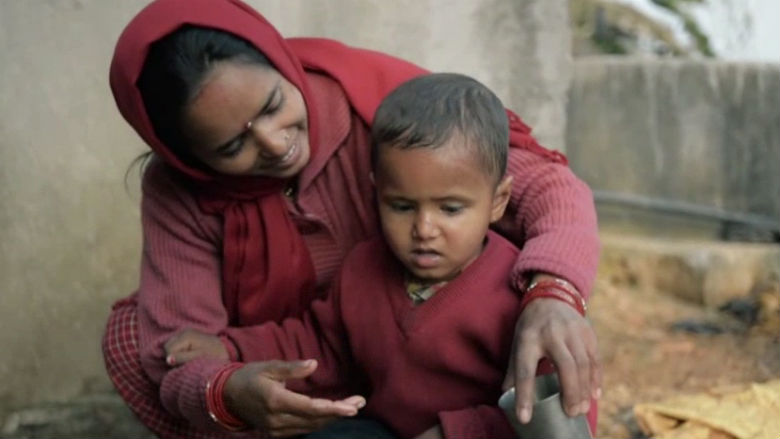Pregnant women and young children need nutritious food for healthy development, especially in the first 1,000 days of life, starting with conception through the age of two. Without the right nutrition, children can become malnourished and their growth stunted. This damage, which affects the body and the brain, can have lifelong repercussions.
Policymakers often use conditional cash transfers to improve family’s income flow and make it easier for them to buy the food they need. But imposing conditions does not always lead to behavior change, and it does not ensure that families spend the money on healthy and nutritious food, or that it is shared equally among those who need it. This intervention looks at the impact of providing nutrition and parenting information to families, along with unconditional cash transfers, which are easier to implement because they don’t have conditions that need to be monitored.
Research area: |
Early Childhood Nutrition, Development, and Health |
Country: |
Nepal |
Evaluation sample: |
2,338 women and 1,953 children across four of the poorest districts |
Timeline: |
2013 - 2016 (Completed) |
Intervention: |
Information, unconditional cash transfers |
Researchers: |
Gayatri Acharya, World Bank; Prashant Bharadwaj, University of California, San Diego; Michael Levere, University of California, San Diego; Bishnu Bahadur Thapa, World Bank; Karishma Wasti, World Bank; Kanchan Tamang, Poverty Alleviation Fund; Frauke Jungbluth; Jasmine Rajbhandary |
Partners: |
The Center for Economic Development and Administration at Tribhuvan University; Poverty Alleviation Fund; University of California, San Diego |
There were improvements on women’s knowledge and children’s motor skills development when women received cash as well, but two years after the program ended there were no continued gains for children. |
Problem
Nepal has made considerable progress in reducing deaths among pregnant women and children, but chronic malnutrition among pregnant women and children remains a problem. Nepal’s economy is estimated to lose up to three percent annually in gross domestic product because of the economic effects of malnutrition on economic development.
Nepal’s government has run campaigns to raise awareness on the importance of a balanced diet, proper sanitation and hygiene, breastfeeding, and other health matters. The results have been mixed. This intervention looked at the impact of providing nutrition and parenting information to families, along with unconditional cash transfers, which are easier to implement because they don’t have conditions that need to be moncategory.
